Natalie Shure of The New Republic joins us to discuss why long Covid is confounding doctors and may well have a psychological component that shouldn’t be overlooked.
Read more


Natalie Shure of The New Republic joins us to discuss why long Covid is confounding doctors and may well have a psychological component that shouldn’t be overlooked.
Read more
Technology policy reporter Cat Zakrzewski talks about the political pitfalls the Jan. 6 committee hearings faced when confronting the pivotal role of social media, and why it’s so hard to regulate big tech.
Read more
Nicklas Brendborg is a Ph.D. student studying molecular biology at the University of Copenhagen. He joins to discuss what some of Earth’s longest-living creatures can tell us about the human lifespan.
Read more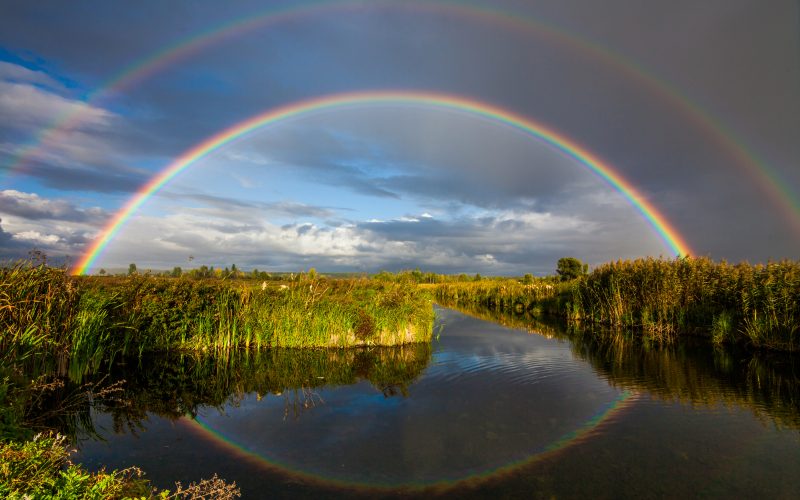
Psychology professor Dacher Keltner joins us to discuss a relatively new field of research studying awe, how it can transform the mind and body, and his own personal experiences with it.
Read more
Professor Simon Baron-Cohen explains why he believes innovation comes with certain brain patterns and why it’s time to celebrate those who think differently.
Read more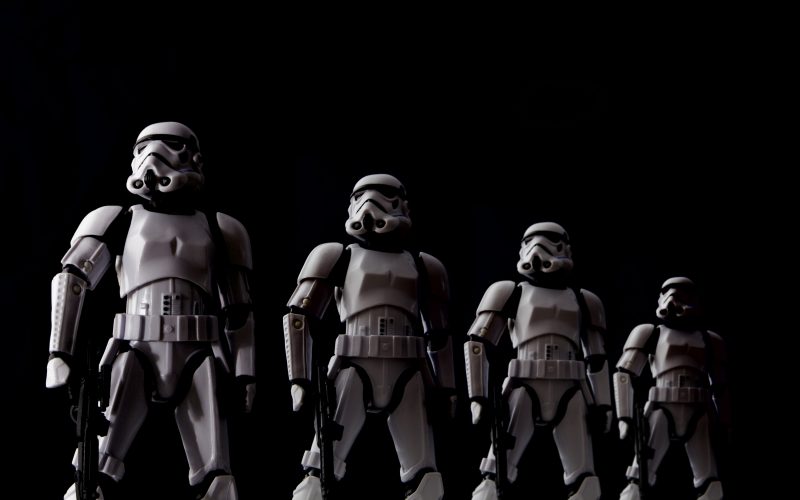
Margaret A. Weitekamp from the Smithsonian’s National Air and Space Museum joins us to discuss how popular culture has tapped into our fascination with space from – Star Trek and Star Wars to Buck Rogers and Buzz Lightyear.
Read more
Shilpa Ravella, an assistant professor of medicine at Columbia, discusses why inflammation is the root of disease and what we can do to control it.
Read more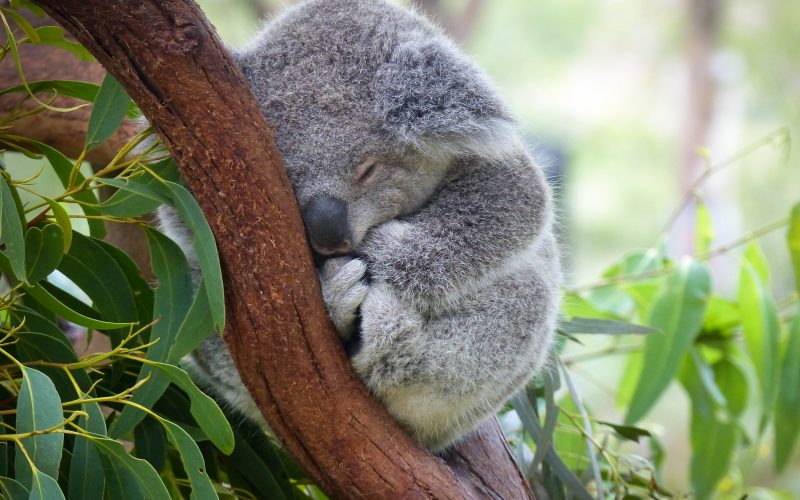
Biologist and natural history author Danielle Clode discusses the fascinating evolution of an animal loved the world over, and how the species is fighting for survival.
Read more
Political science professor Ronald J. Deibert discusses Pegasus, a tool that gives the operator near-total access to a person’s information, and how it’s being used as a model for the expansion of spyware.
Read more
Scientist-turned-author Kathryn Harkup joins us to explore the wild world of 007 – from whether gold paint could really kill you to the feasibility of volcano lairs for bad guys.
Read more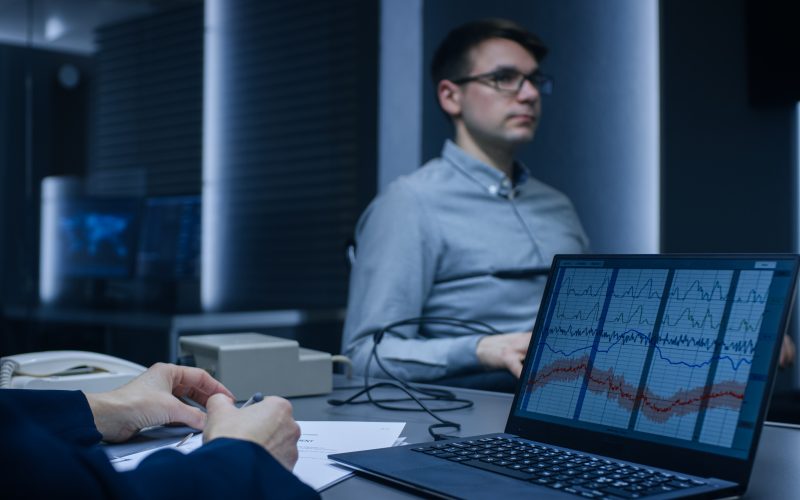
Writer and director Rob Rapley joins us to discuss the invention of what is known as the lie detector test, its uses and abuses, and how it’s used today.
Read more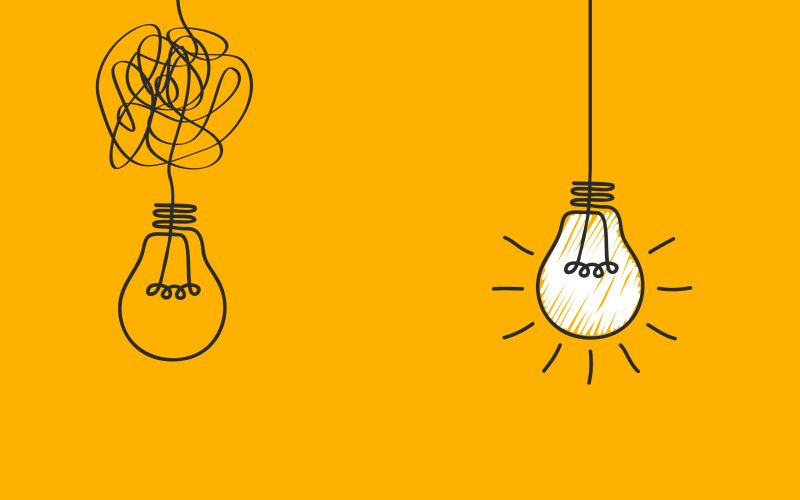
Derek Thompson, a staff writer at The Atlantic, joins us to discuss why, when the U.S. is a world leader in Nobel Prizes in science and technology, we still lag behind in the implementation of innovation.
Read more